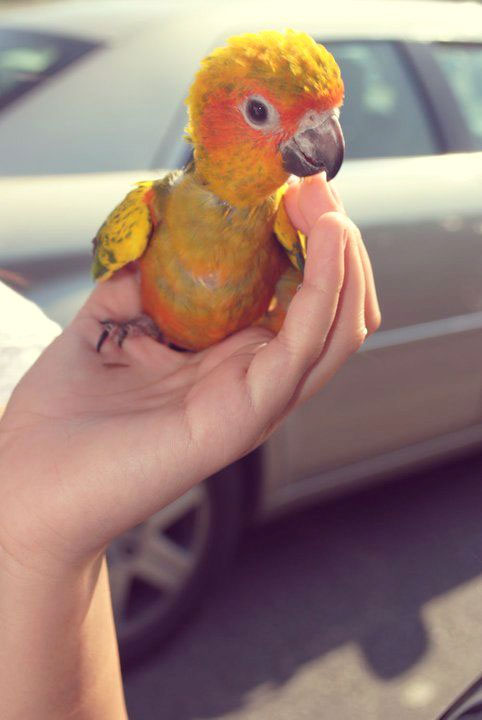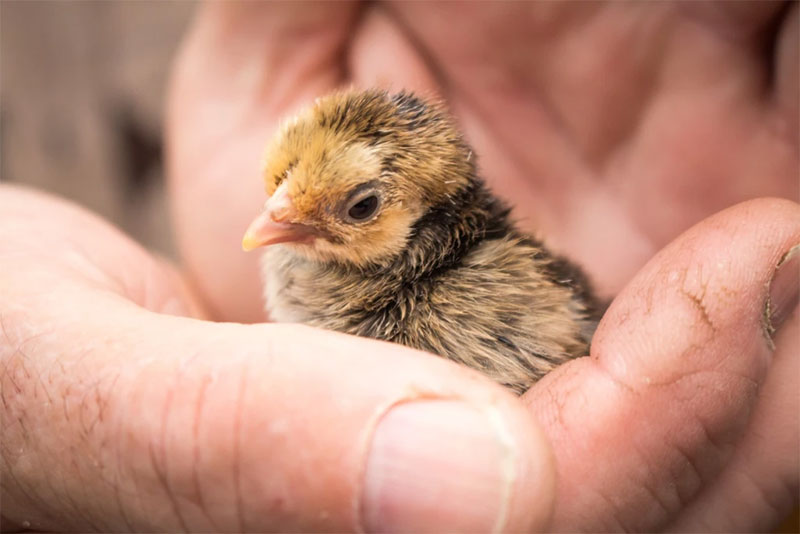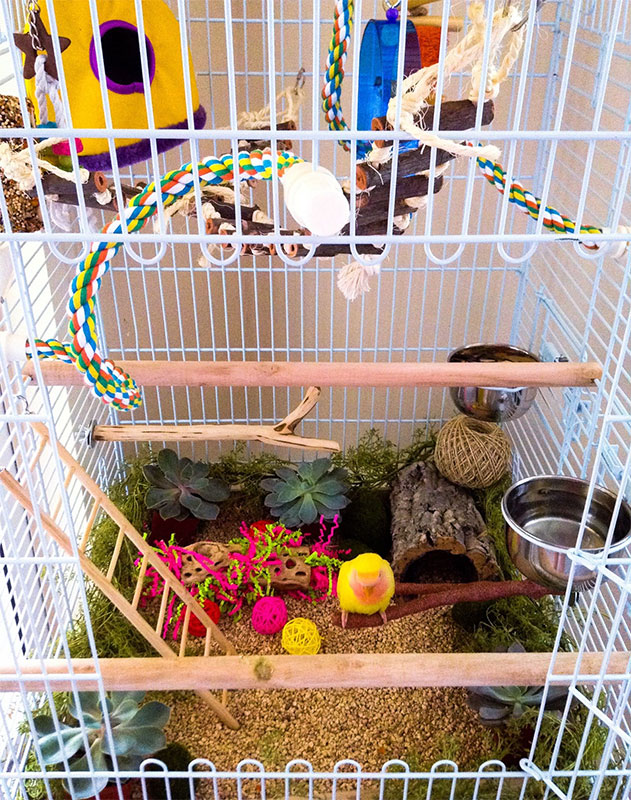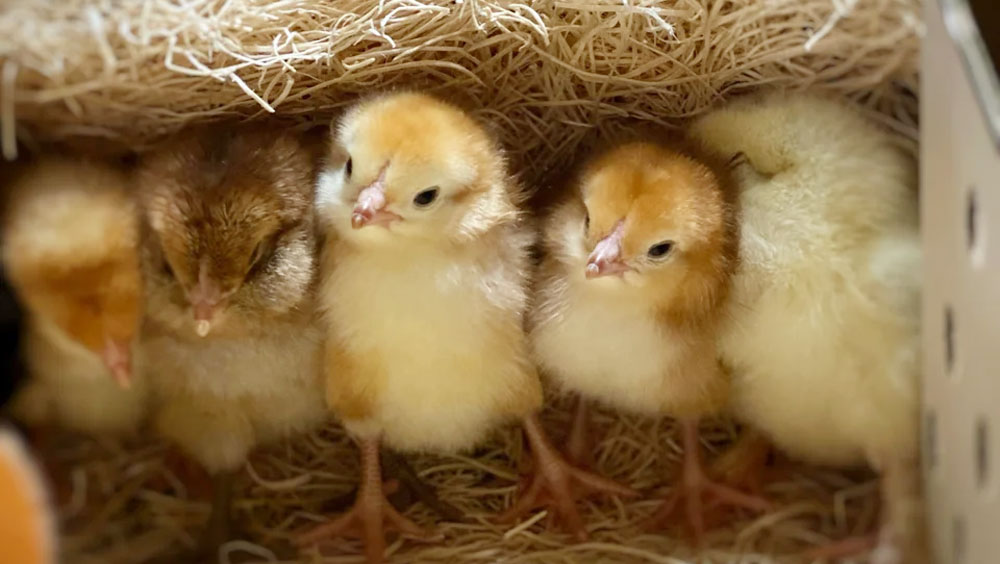If you're looking for an intelligent, social, and interactive pet that doesn't require too much work, birds fit the bill. When choosing a baby bird, keep an eye out for these three key factors.
A Friendly Demeanor

Like people, every bird has its own personality. The more outgoing a baby bird is, the easier it will be to train over time. An active, friendly bird is also an indication of good health.
To get a feel of a bird's demeanor, try holding it. A well-adjusted and socialized baby bird should not fear being held or stroked. You should also observe how the bird interacts with its environment. Place a few toys in its cage to see how it reacts. Ideally, the bird should be naturally inquisitive and start engaging with the toys.
You can increase your chances of finding a friendly bird by focusing on breeds designed for beginners. These include birds like budgies, canaries, cockatiels, and finches.
A Healthy Appearance

One of the most important factors to check for in a baby bird is good health. You can usually get a good idea of a bird's well-being by examining its appearance. Start by observing the eyes, which should be bright and shiny. Anything like discoloration or discharge may indicate infection.
Next, make sure the feathers are in good condition. Most baby birds start preening, or straightening and cleaning their feathers, as soon as they gain motor skills. Filthy, dull, or unkempt feathers may suggest abnormal development.
Finally, check the bird's cere and nares. The cere is a soft patch located on the upper side of the bill. If it seems inflamed or crusty, the bird is likely experiencing respiratory problems. The nares, meanwhile, are two small holes by the bill that resemble nostrils. A healthy bird will have clear nares that are free of discharge.
Good Living Conditions

A baby bird's living conditions can tell you a lot about its health. For example, if a bird is kept in unhygienic conditions, it has a higher chance of developing an infection. The likelihood of disease also increases if the bird is kept in a closed aviary.
In addition to observing the living conditions, talk to the breeder to learn more about the bird's upbringing. Confirm that the bird you're interested in is old enough to be adopted, and ask if it has been tested for diseases. You should also ensure the bird is fully weaned, or able to feed itself.
Ultimately, quality birds come from quality breeders. By getting your bird from a reputable source, you can help ensure you end up with a happy, healthy pet.


